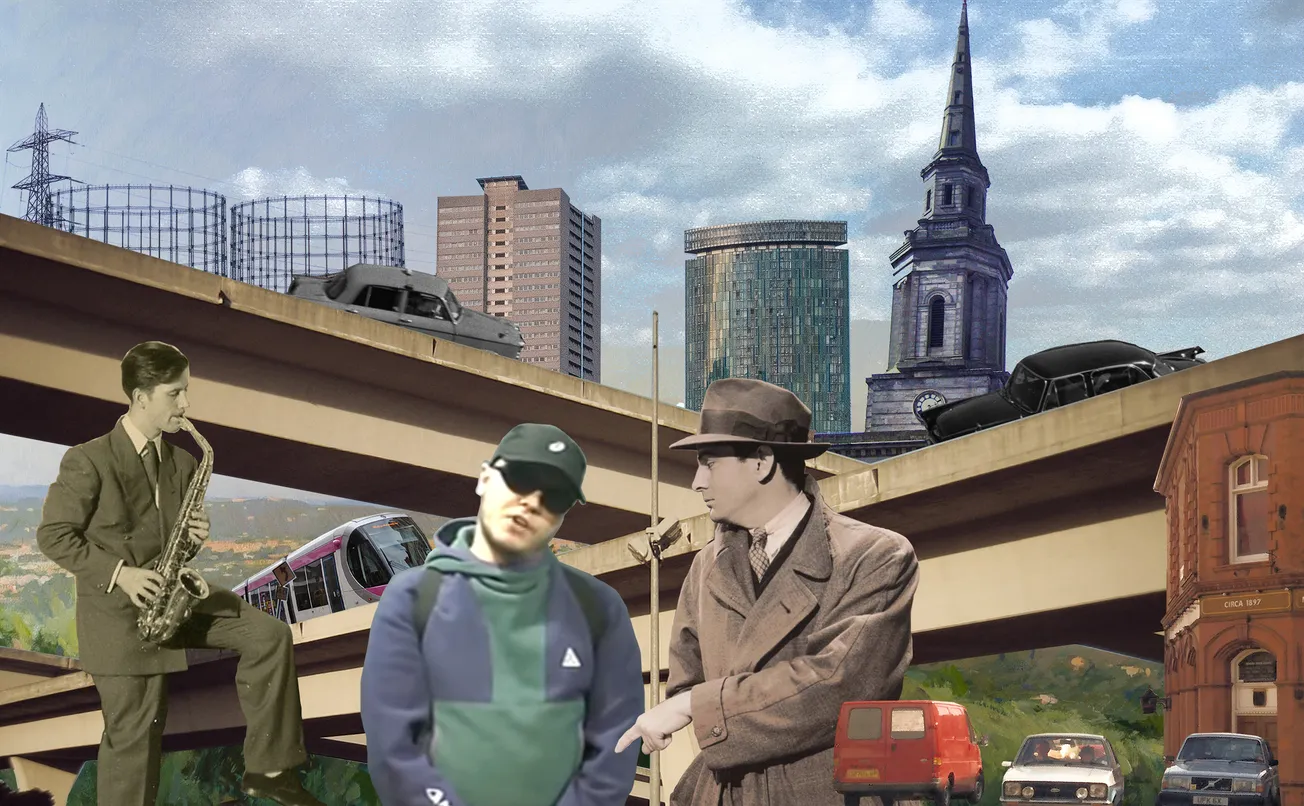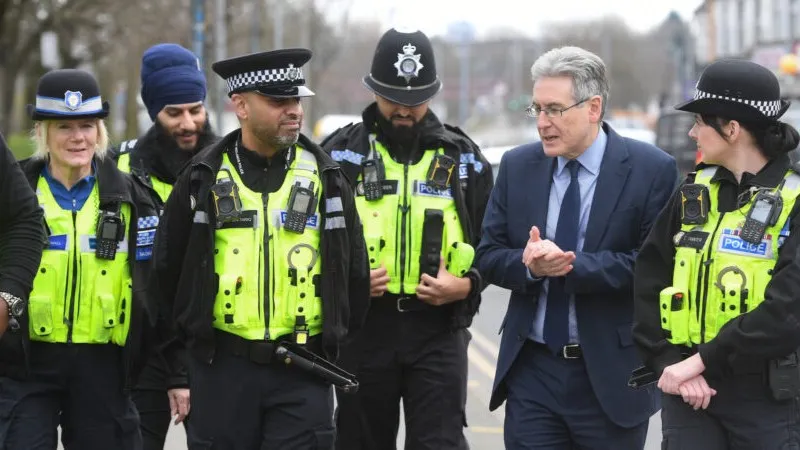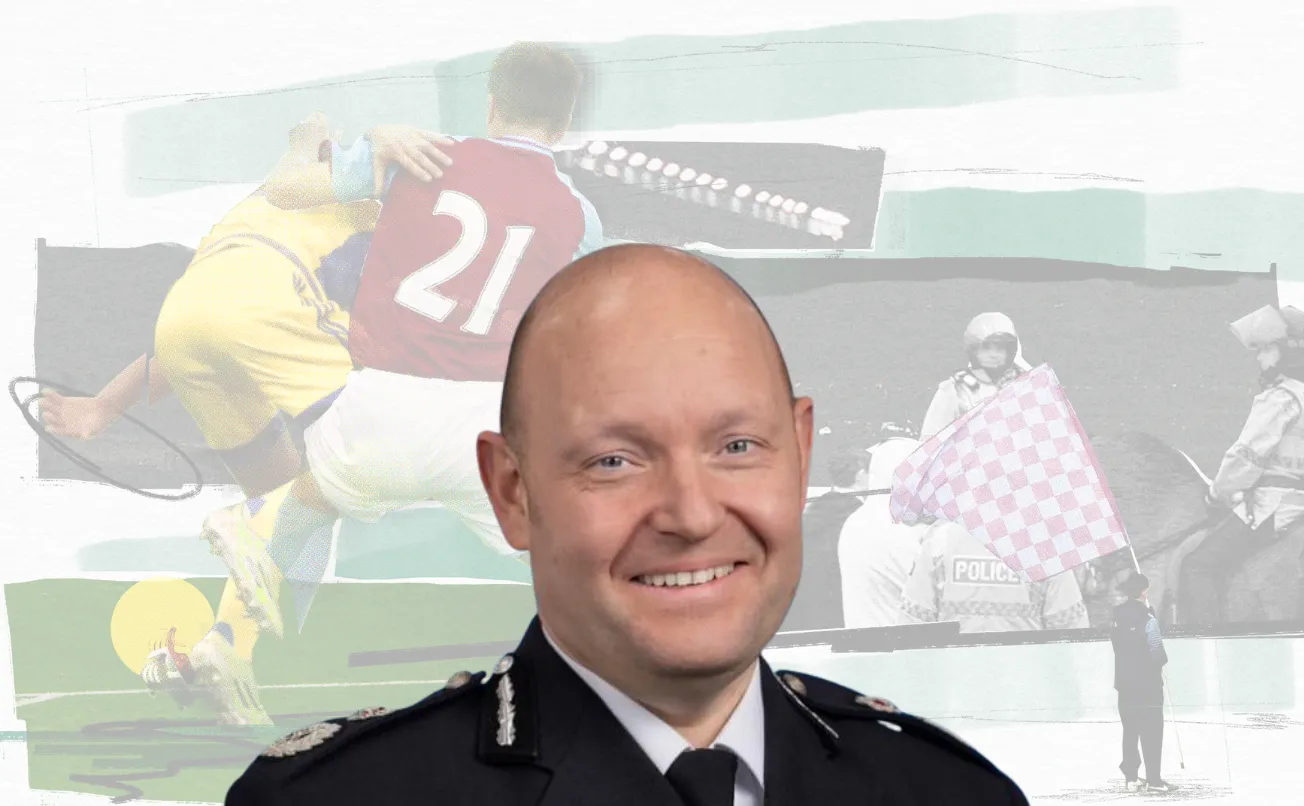Birmingham has long been considered the UK’s second city in terms of population. Under the narrow definition of local authorities, Birmingham far out strips Manchester’s 552,000. There are 1.16 million people in our city. However, things start getting complicated when people bring up ‘greater urban areas’ and reputation. Greater Manchester rushes past the West Midlands conurbation, hitting 2.9 million people, while we trail at 2.5 million.
Brand recognition is also a problem. I was talking to an Argentine waiter abroad a few months back and he asked where I lived. “The second largest city in the UK,” I told him. He proceeded to list other cities, while I let him down gently. “Manchester! No? Liverpool, Glasgow, Bristol? Where then?” Funnily enough, he recognised the name of the football club Aston Villa, but had no idea that it was in Birmingham.
This lack of recognition is frustrating, because I think we do have a strong, if not the strongest claim to being Britain's second city: we have the largest local authority in Europe and are normally in the top three for urban GDP output in the UK. But things are becoming more complicated: and Manchester is nibbling at our feet in many contests, if not surpassing Brum. That’s why The Dispatch’s second ever event — happening this evening — will gather together a panel of esteemed guests to discuss the future of our great city.
My overriding sense of the ‘second city’ is this: Birmingham loves a contradiction. Never is this more obvious than in the contrast between decline and revival that mark our streets.
Take the square between St Martin's Church and the Bullring Markets: a centrepiece of civic life: food, family, faith. Yet, it's covered in litter, graffiti, and people seem to have little, to no, understanding of parking regulations. However, from the square you can see multiple huge plateglass skyscrapers being erected across the city. Rich international investors from the Middle East want to build in this city, and, at the same time, we seem incapable of looking after its public space.
This seems to be a very official Brummie dynamic: boosterist about shiny new skyscrapers and negligent about the small things that make up a place’s civic virtue: picking up litter, respectful parking, not spray painting beautiful old buildings.
A perk of having a job with Mill Media (the parent company) of The Birmingham Dispatch, is that Kate and I get to routinely visit other large British cities: like Manchester, Liverpool and Sheffield.
Sure, Birmingham has a larger population than all of these cities. But when I visit them, I can’t help but notice the things they have that we lack: plentiful public transport, dense well-designed urban landscapes, mostly clean civic spaces, large centrally located parks, pedestrianised areas where the human is more important than the car, and thriving independent shops and bars.
We might be the second city by population size: but we’re increasingly resembling a broken behemoth: large and ineffective.
The statistics bear much of this out. Mill Media’s Daniel Timms recently published a piece comparing Manchester and Birmingham’s productivity rates (how much GDP is generated over time). Since 2017, Manchester’s productivity has skyrocketed past Brum’s own stagnant trendlines.
Birmingham also has some of the highest rates of economic inactivity (25%) and the worst educational outcomes in the country, plus it struggles to retain talented graduates in comparison to Manchester, Newcastle and Liverpool (Birmingham’s rate of local graduate retention is 71.1% compared to Manchester’s 76.3%). Brum’s graduate employment share (30%) is the lowest of any large UK city.
Why don’t young people want to stay here? The answer seems obvious to me: youth are attracted to dense, walkable cities with exciting nightlife, beautiful heritage buildings to live in, a booming independent sector, and well paying jobs. Manchester, alongside smaller cities like Bristol, Brighton and Edinburgh have managed to achieve this pull.
But there’s a way forward — at least I think so.
In the 1960s, Whitehall was worried that Birmingham and the wider West Midlands economy was too strong. At this time, incomes were well above the national average, and unemployment was below it. Birmingham benefited from a massive, technically educated, population and its geographic position in the middle of the country.
Many of these strengths are still present in Birmingham today. In an ageing Britain, struggling with a shrinking work force and increasing pension spending, Birmingham has the youngest average population of any European city. It has a huge amount of people to draw on (‘Greater Birmingham’ has a higher population than Berlin) and stellar technical capacity in places like the University of Birmingham and Aston University.
Once HS2 is finished, Birmingham’s competitively priced housing market will become a draw for remote London workers, priced out of the capital: bringing in much needed graduates. And, in an increasingly multipolar world, Birmingham’s huge diversity could be leveraged to connect the city to trade networks and rising powers like India and China. With a bit of effort, we could be a global hub: a place where trade deals and multilateral partnerships are forged.
And many of Birmingham’s smaller scale problems: persistent anti-social behaviour, flytipping, the bin strike, illegal parking, littering, speeding — even poor public transport — these are all easily solved with political will power and competence. We could transform Birmingham into a world class second city: to rival places like Barcelona, Milan, St Petersburg, Munich and Lyon, in little more than a decade.
Build more public transport, get rid of the motorways dividing the urban landscape, end the bin strike, devolve more power to Birmingham, build houses and apartments up and out, and start telling positive and compelling stories about this city.
But we have to want to do this. The government has to want to do this, the council has to want to do this, the mayor has to want to do this. The impending threat of widespread Labour losses to Reform, Gaza Independents and Jeremy Corbyn’s new political vehicle in the upcoming 2026 council elections could kick start something of a civic reckoning in Birmingham. At least, I hope so. If this political transformation fails, it’ll be down to the citizens of Birmingham to rescue the UK’s second city. Brummies are excellent at collective action, it was here that Chartism and calls for electoral reform found their power in the 19th century.
We’re also slowly regaining the regional institutions that make cities great; we like to think that The Dispatch is playing a small part in this renaissance. Local media can be the jewel in a city’s crown: holding the powerful to account while calling for change. From The Boston Globe and the Los Angeles Times to The New Yorker — America has always had a tradition of high-quality journalism dedicated to reporting on cities. We want the same for Birmingham and for the UK. Our city is only going to become more important to the national conversation in the coming years. The Dispatch needs to be there to cover every moment.
That’s why we are currently offering The Dispatch for £1 a week. So you can see how, and why, we report on this island’s second biggest city.
Overall though, Birmingham is currently the bright pupil at the back of the class. I imagine their report card might say something like: “incredibly high potential. Must do better. C-”








Comments